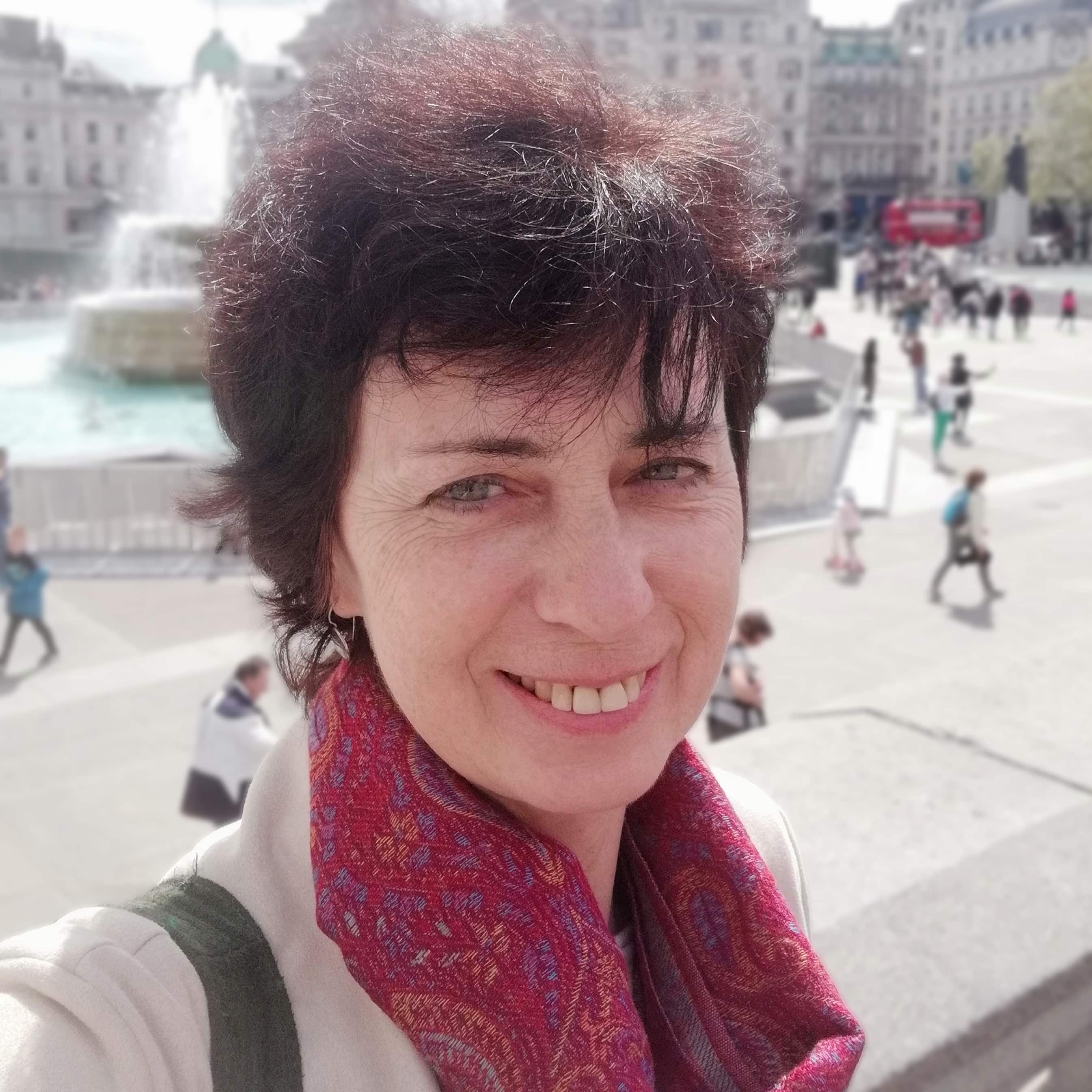| Time: |
For schedule will be set as soon as the groups are formed. Signing up for the course involves a preliminary interview with the student. Please contact Ekaterina at ekaterina.s.shelest@gmail.com to arrange a time for the interview and discuss the schedule. |
| Duration: | 06.10.2025–31.07.2026, Bavarian holidays and September excluded |
| Cost: | 80€ per month (siehe Cost) |
This course will be based on curiosity. Kids — and adults alike — are usually curious about animals and plants, microorganisms and viruses, and how living organisms work, what they are made of, and why, and so on. I hope that the students have many questions waiting for answers, and I’m sure we’ll find the answers if they exist, or come as close to finding them as is currently possible (because in science, not all questions have ready answers — in fact, most of them don’t).
Many questions seem small and easy when asked, but answering them we can go really far; for a curious person, every answer contains a new question, and any problem can be considered on the next level of detail. This is basically the main idea of the course: to learn biology “on the way”, asking funny questions, getting answers on different levels, going deeper and deeper into the world of biological science.
What will we learn?
In biology, we can consider organisms on different levels – as a whole organism (for instance, an animal with this many paws and that colour and those habits), but also, one step down, at the level of tissues, then cells, or, even further down, at the level of genes, and finally, at the level of molecules. Going one or two levels up from a single organism, we get into populations, ecological interactions, and so on. For almost every biological problem, the answer, solution, or consequence is possible on any of those levels; in our lessons, we will go as deep as we like, trying to get as much understanding of the problem at hand as possible. On the way, we will learn things that were not in the initial question but are necessary for its
understanding (or just interesting).
So what will we learn? This depends on the questions. But answering them we’ll certainly have to discuss many principal biological ideas and concepts, so eventually we, most likely (this depends on students’ age), will discuss all basics of General Biology, as well as Zoology and possibly Botany.
To give you an idea, here are some examples from the lessons in the past:
- We feel hot when we run. Does a jumping frog feel the same?
- When do plants grow — at night or in the daytime?
- Breathing and eating share the aim of energy supply. Then why to breathe, when you have already eaten?
- How small can the smallest organism be?
- And finally, the bestseller: what is life?
How will we work?
As said, the course is built on students’ questions. Everyone can ask whatever they want, we agree on the order of answering, and start discussing the questions in the class. The students are encouraged to share their ideas, knowledge, and fantasy, and my task as a teacher is to guide them, trying to navigate into the direction of the right answer (or another interesting problem, discussion of which can be useful in terms of biological education). This way, they will discover many of biological rules and laws by themselves. When needed, I’ll provide explanations; short lectures are also possible, when the students are willing to have them.
As this is an on-line course, it will be hard to conduct experiments. However, we can make some at home; for instance, the question of when plants grow (day or night) is a pure experimental question, and this experiment is easy to make at home.
What are the goals?
- To give food to curious minds, support and develop interest to biology as a science and — probably more important — interest to the living world around us.
- To show what is a scientific approach to searching for answers.
- To teach the main biological principles, many of which are not formulated in clear form in school courses. These principal ideas help to form an educated view on the world and allow the kids not to be easily fooled by the floods of false information. (When it comes to health questions, these floods are huger than in any other science).
- To learn to listen and discuss, being critical but respectful.
Any questions?
Please call us or write an email:
0151 701 66 162 | lyzeum.muenchen@gmail.com

